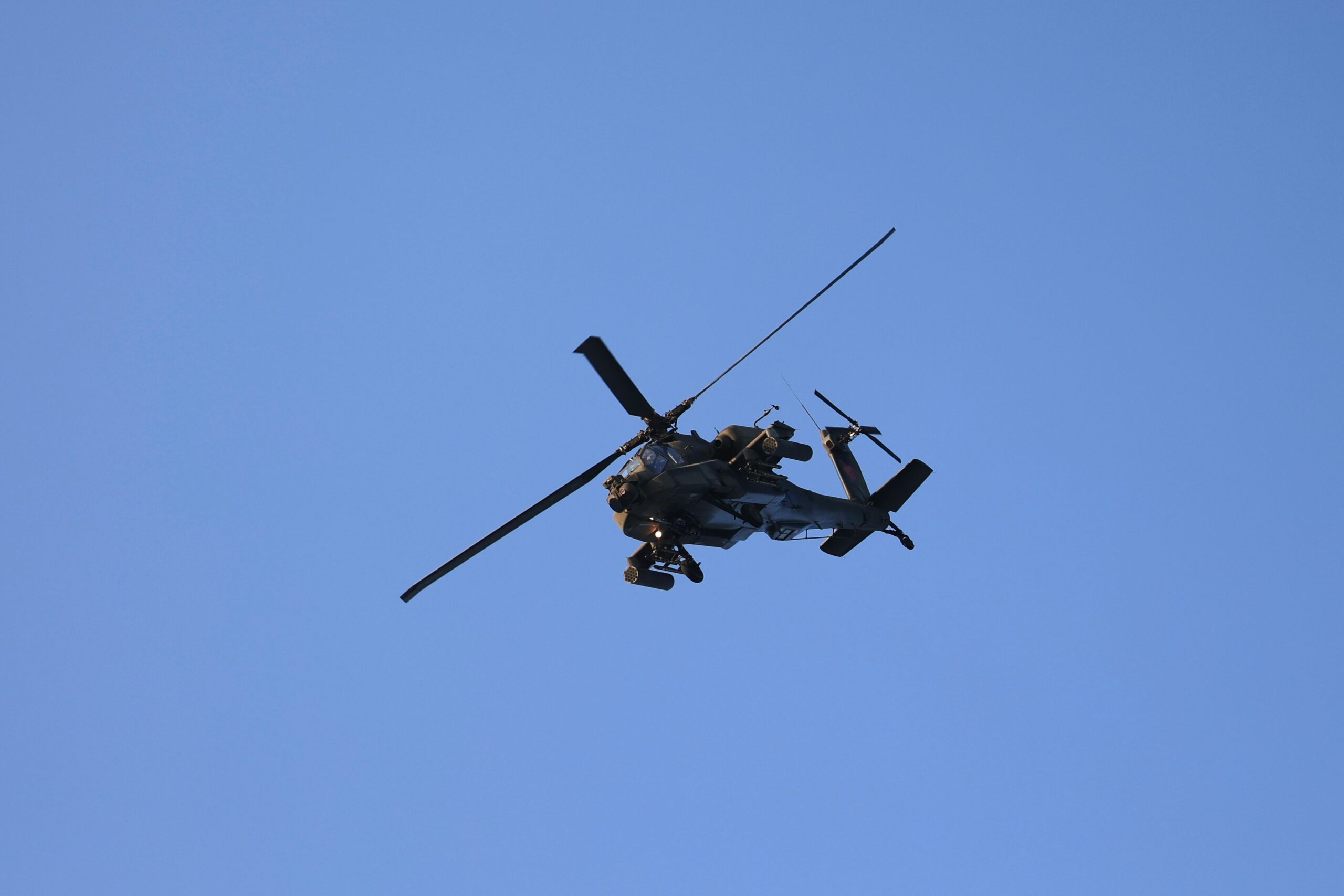
Transitioning from military service to the corporate world can seem like a significant leap. Yet, for those who have served in the Air Force, many leadership principles and practices translate seamlessly into business environments. Airmen are trained in high-pressure decision-making, disciplined execution, and team-oriented strategies—skills that are just as critical in boardrooms as they are in flight operations. The path from commanding missions to managing companies is well-paved with leadership tools that drive success.
Mission-Focused Thinking
One of the most defining aspects of Air Force leadership is mission focus. In business, successful leaders apply the same clarity. Whether launching a new product or steering a team through organizational change, aligning strategy with mission objectives ensures cohesive direction and accountability.
This approach enables business leaders to prioritize their efforts, avoid distractions, and measure performance effectively. Instead of reacting impulsively to market shifts or internal challenges, they make strategic choices based on a well-articulated purpose.
Decisiveness Under Pressure
In both air combat and business leadership, decisions must often be made swiftly with incomplete information. Air Force officers are trained to process available data, assess risks, and act with confidence. This decisiveness becomes a cornerstone of effective corporate leadership.
Leaders who hesitate in moments of crisis can undermine confidence and performance. Air Force experience builds a mindset of calculated action: consider the facts, rely on training, and move forward with intent. In the business world, this skill is invaluable, especially in high-stakes environments like mergers, crisis management, or competitive bidding.
Strategic Communication
Clear, direct communication is essential in the Air Force, where a misunderstood command can lead to mission failure. Business leaders benefit immensely from this training. They learn to convey instructions, expectations, and feedback in a way that eliminates ambiguity and builds trust.
Whether addressing teams, clients, or stakeholders, Air Force veterans understand the importance of brevity and clarity in their communication. Moreover, they are trained to listen actively, ensuring two-way communication that strengthens collaboration. In boardrooms or virtual meetings, this ability fosters transparency, alignment, and a shared sense of purpose.
Adaptability and Innovation
The Air Force operates in dynamic and often unpredictable environments. Leaders are trained to adapt to rapidly changing situations, reassess priorities, and innovate when traditional approaches fail. This agility is just as critical in today’s business climate, where market conditions, consumer behavior, and technology are constantly evolving.
Veterans bring a mindset of resilience and innovation. They are accustomed to learning quickly, repurposing strategies, and pushing boundaries to solve problems. In business, this translates into leadership that can pivot operations during economic downturns or lead product development in response to shifting customer needs.
Team-Oriented Leadership
Air Force culture is deeply rooted in teamwork. Leaders understand that success depends on the collective performance of the group. In corporate settings, this perspective creates inclusive leaders who value diversity of thought, empower individuals, and promote shared accountability.
Rather than relying on rigid hierarchies, many Air Force-trained leaders adopt a servant-leadership approach, prioritizing the growth and well-being of their teams. They know how to build trust, inspire loyalty, and foster collaboration across departments or functional areas. This mindset builds cohesive, high-performing teams in business environments.
Accountability and Integrity
The Air Force instills a deep commitment to accountability and ethical behavior. These values translate powerfully into business leadership, where trust and credibility are essential. A leader who holds themselves and others accountable sets a tone of responsibility. When applied to business, this level of integrity builds stronger stakeholder relationships, attracts talent, and ensures long-term organizational health.
Mentorship and Talent Development
Leadership in the Air Force extends beyond command—it includes mentorship and professional development. This emphasis on talent development has a profound impact on business.
Veterans often become mentors in their civilian roles, helping younger employees grow into leaders themselves. They prioritize training, provide constructive feedback, and foster environments that encourage team members to develop their skills. This investment in people drives employee engagement, retention, and organizational growth.
Planning and Execution
Strategic planning is a core function in both the military and business. Air Force leaders learn to develop complex plans with contingencies, allocate resources effectively, and execute with precision. In the corporate world, this skill manifests as structured project management, long-term vision, and disciplined follow-through.
While business operations may not carry the life-or-death stakes of a combat mission, the stakes can still be high—reputation, financial outcomes, and customer loyalty are all at risk. Veterans know how to maintain focus, manage timelines, and adjust tactics without losing sight of the overarching plan.
Emotional Intelligence and Cultural Awareness
Today’s Air Force leaders operate in global, multicultural environments, requiring them to navigate different perspectives, values, and emotional dynamics. This exposure develops emotional intelligence—a critical leadership trait in modern business.
Leaders with high emotional intelligence are more self-aware, empathetic, and skilled in managing relationships. They create psychologically safe work environments, handle conflict constructively, and lead with emotional resilience. These qualities are essential in diverse and inclusive workplaces.
Leadership lessons from the Air Force transcend the boundaries of military service. From mission-driven planning and decisive action to communication, adaptability, and mentorship, these veterans bring a toolkit of highly applicable, often transformative, leadership skills to business settings.
Their unique experiences help shape organizations that are strategic, ethical, resilient, and team-centered. As more veterans transition into the corporate world, they continue to prove that leadership, when rooted in discipline and service, can thrive in any environment.